Whether you’re a seasoned detectorist or just starting out, beach and water metal detecting takes more than just luck. It requires planning, strategy, and the right tools. In this post, I’ll share the exact tricks I use to consistently make better finds — including how I scout beaches, grid effectively, and choose the right detectors and accessories. All tips are based on real-world experience and the gear I use myself.
1. Know Before You Go
Before stepping foot on the sand, I always scout beach conditions using live video feeds. This gives me a real-time look at:
-
Calm water conditions (ideal for water detecting)
-
Presence of sargassum or other debris that may make detecting difficult
-
Visibility and crowd levels
Pair this with the Surfline app, which provides essential info like:
-
Tide times
-
Wave height
-
Wave direction (waves breaking from the north or south are best for beach erosion, which exposes buried targets)
This kind of prep helps me choose the right time and location to hunt.
2. Research Like a Pro (Without Giving Up the Spot)
Many YouTubers don’t mention their exact locations, and I understand why. As someone who protects their best spots, I do the same. But here’s how I use that to my advantage:
-
Watch YouTube videos for clues. Look at the buildings in the background to figure out where the video was filmed.
-
Use Google Earth to match those landmarks and pinpoint productive beaches.
This lets you scout hot areas without needing someone to spell it out. Sharing exact locations might make you popular, but it also invites competition. If you're smart, you'll keep your best spots to yourself.
3. Choose the Right Beach
On regular days, I skip the wide-open beaches like Daytona. Why? Because narrower beaches with heavy foot traffic concentrate lost items in a tighter area.
-
Narrow, high-traffic beaches = More finds in less time
-
Wide beaches = More walking, fewer recoveries per square foot
Of course, I still detect places like Daytona, but I go in with the right expectations.
4. Hunt the Treasure Coast When Conditions Are Right
If you're in Florida, don’t overlook the Treasure Coast, especially after a hurricane or strong storm. When erosion hits the beaches near the 1715 Spanish Fleet shipwreck sites, there’s always a chance for something special.
But if the conditions aren't ideal, I stick to more reliable beaches with consistent traffic and smaller areas to grid.
5. Grid the Right Way
I always grid my beaches east to west, using visual reference points like beach chairs (often placed by hotels) or natural features. This helps ensure I don’t miss anything.
In the water, my partner and I grid north to south, staying in contact through phones or smartwatches. We share notes about what we’re finding and adjust our paths accordingly. This speeds up the process of locating productive areas.
If you are metal detecting with a friend, strategy matters. Some detectorists stay together, working side by side. Others split up to cover more ground. My hunting partner and I often split up with the goal of locating a hotspot. I use a smartwatch and he carries a phone so we can communicate. Once one of us starts finding targets, we converge on that area to make sure we recover everything in the water and wet sand. This technique consistently leads to more productive hunts.
6. Use the Right Detector
Not all detectors are created equal, especially when it comes to saltwater environments. Here are my top picks:
-
Minelab Manticore with the M9 coil: Powerful, deep-seeking, and ideal for beach and water detecting
-
XP Deus II: Waterproof to 66 feet, ultra-lightweight, and highly customizable
-
Nokta Makro Legend and Score series: Affordable, fully waterproof, and surprisingly capable
-
Garrett: Solid, reliable options for beginners and intermediate users
All of these detectors are available in my store at Treasure Coast Metal Detectors.
7. Don’t Forget the Accessories
Having the right accessories makes your hunt more efficient:
-
CKG Stainless Steel Scoop: Durable and great for wet sand digging
-
Minelab Pro-Find 40 or Nokta Makro AccuPOINT Pinpointer: Helps locate small targets quickly without disturbing a wide area
-
Waterproof headphones: A good pair like the Thresher Killer B's or Gray Ghost Amphibian headphones is a must-have if you're detecting in the water. These allow you to clearly hear signals even in rough surf while protecting your equipment from water damage
Final Thoughts
The key to successful beach and water metal detecting is combining smart preparation with the right strategy and gear. Use the tools available — apps, video feeds, research, and communication — and you’ll dramatically increase your odds of a great find.
Need help choosing the right detector or accessory? Reach out through my site, and I’ll be glad to help you find the best gear for your style of detecting.
Happy Hunting!
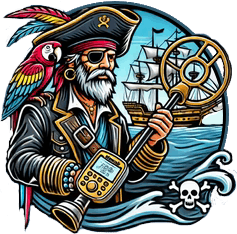
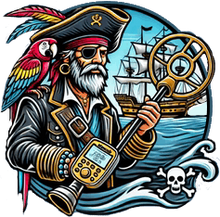

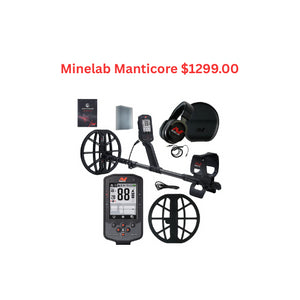
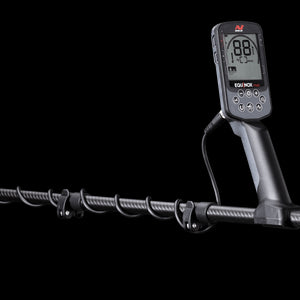
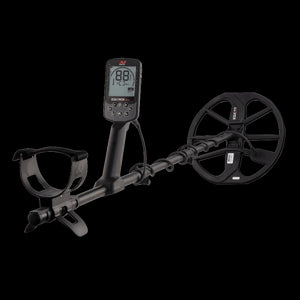
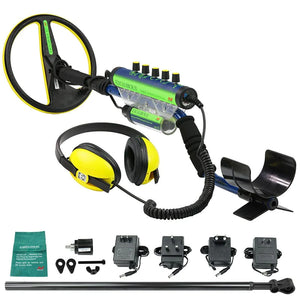
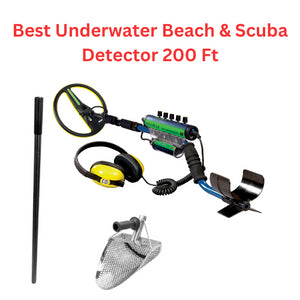
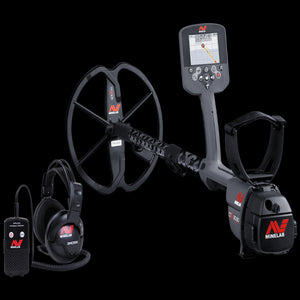
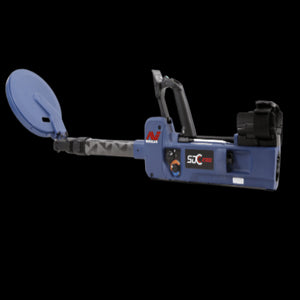
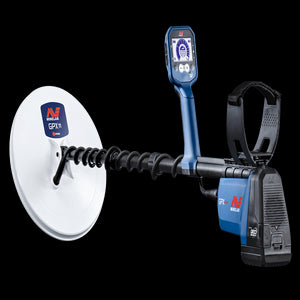
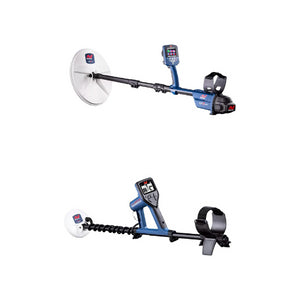
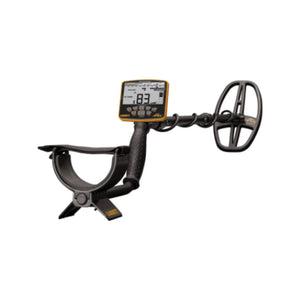
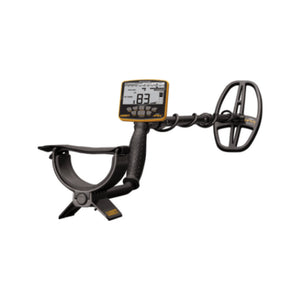
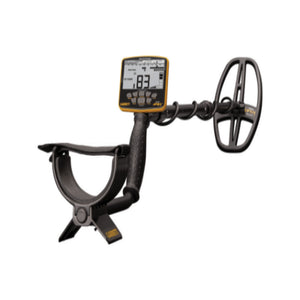
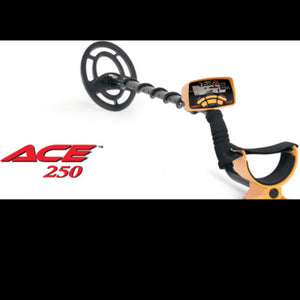
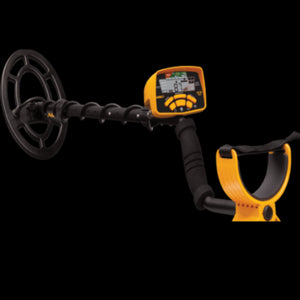
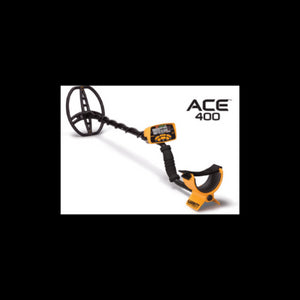
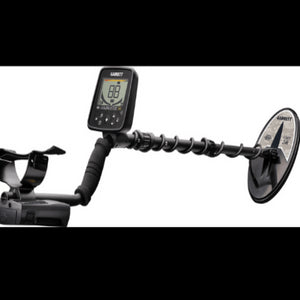


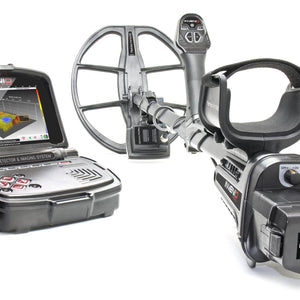
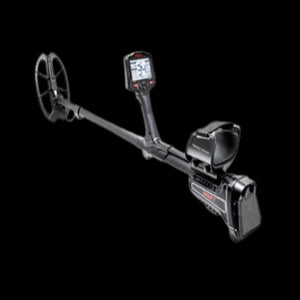
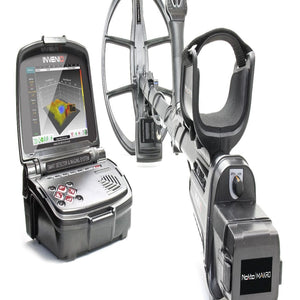
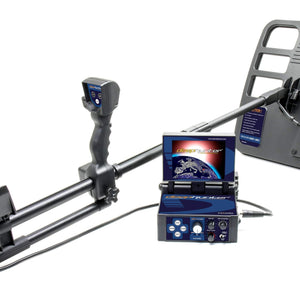
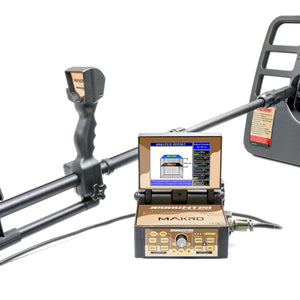
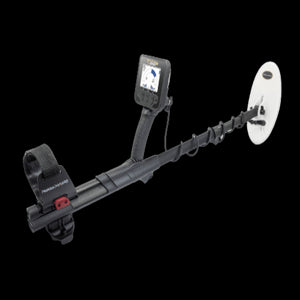
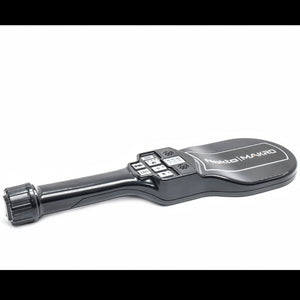
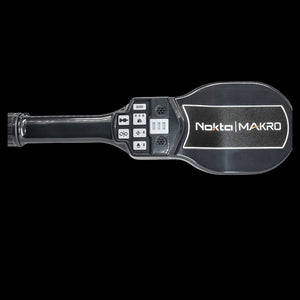
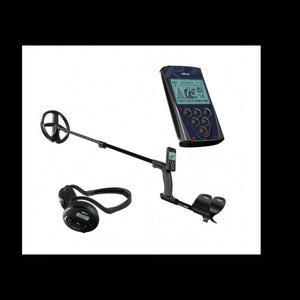




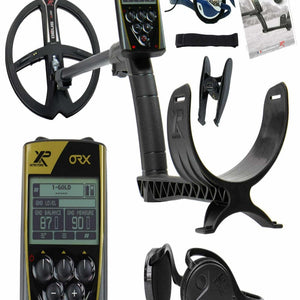
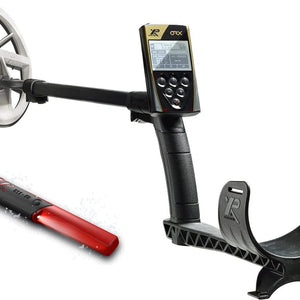

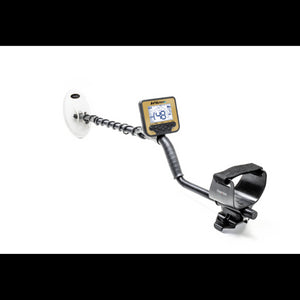
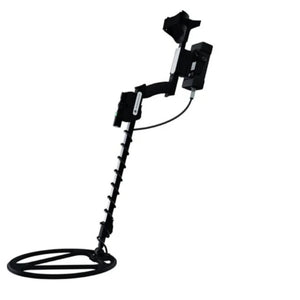
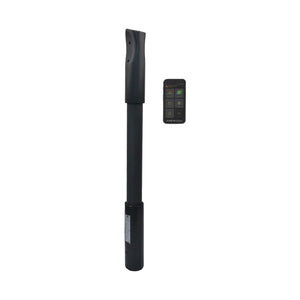
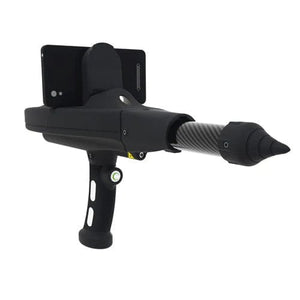
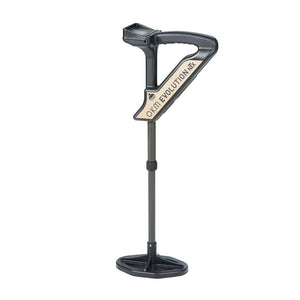
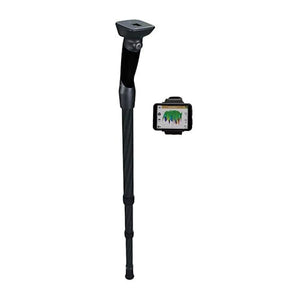
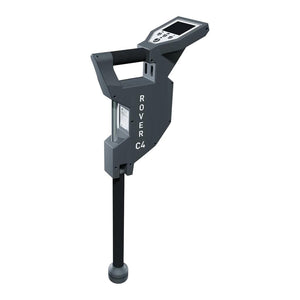
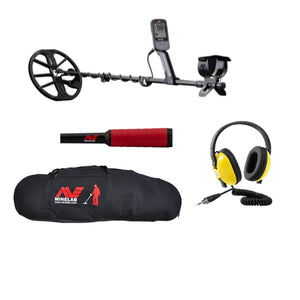
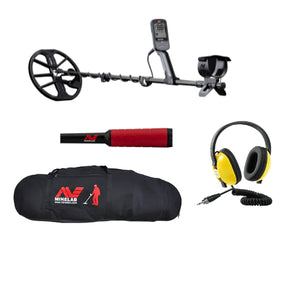
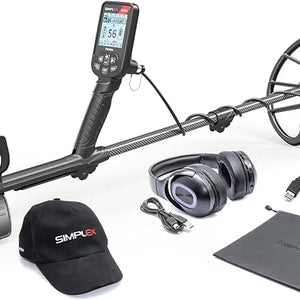


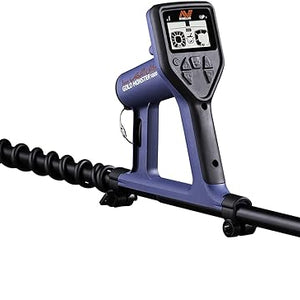
Leave a comment